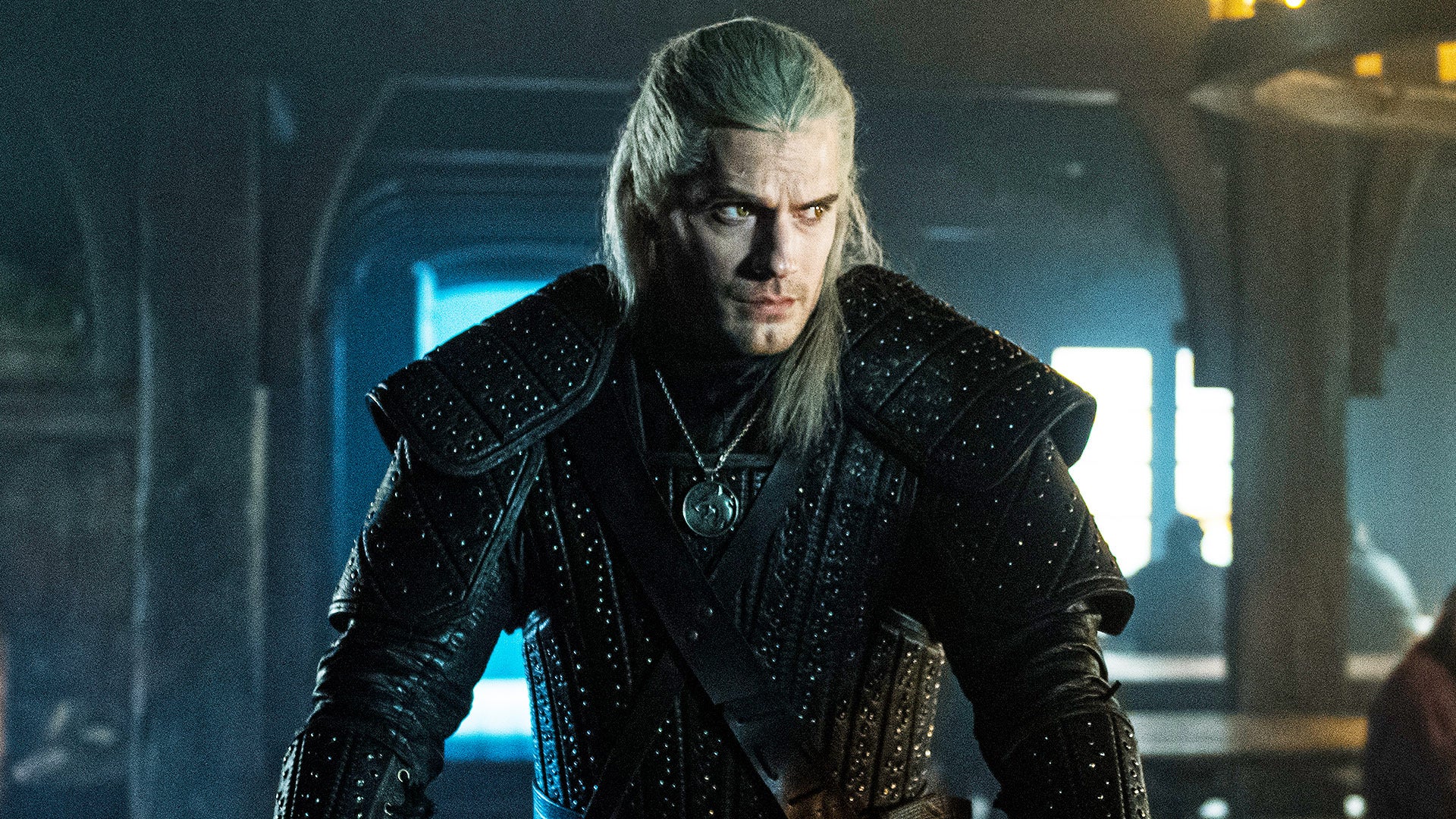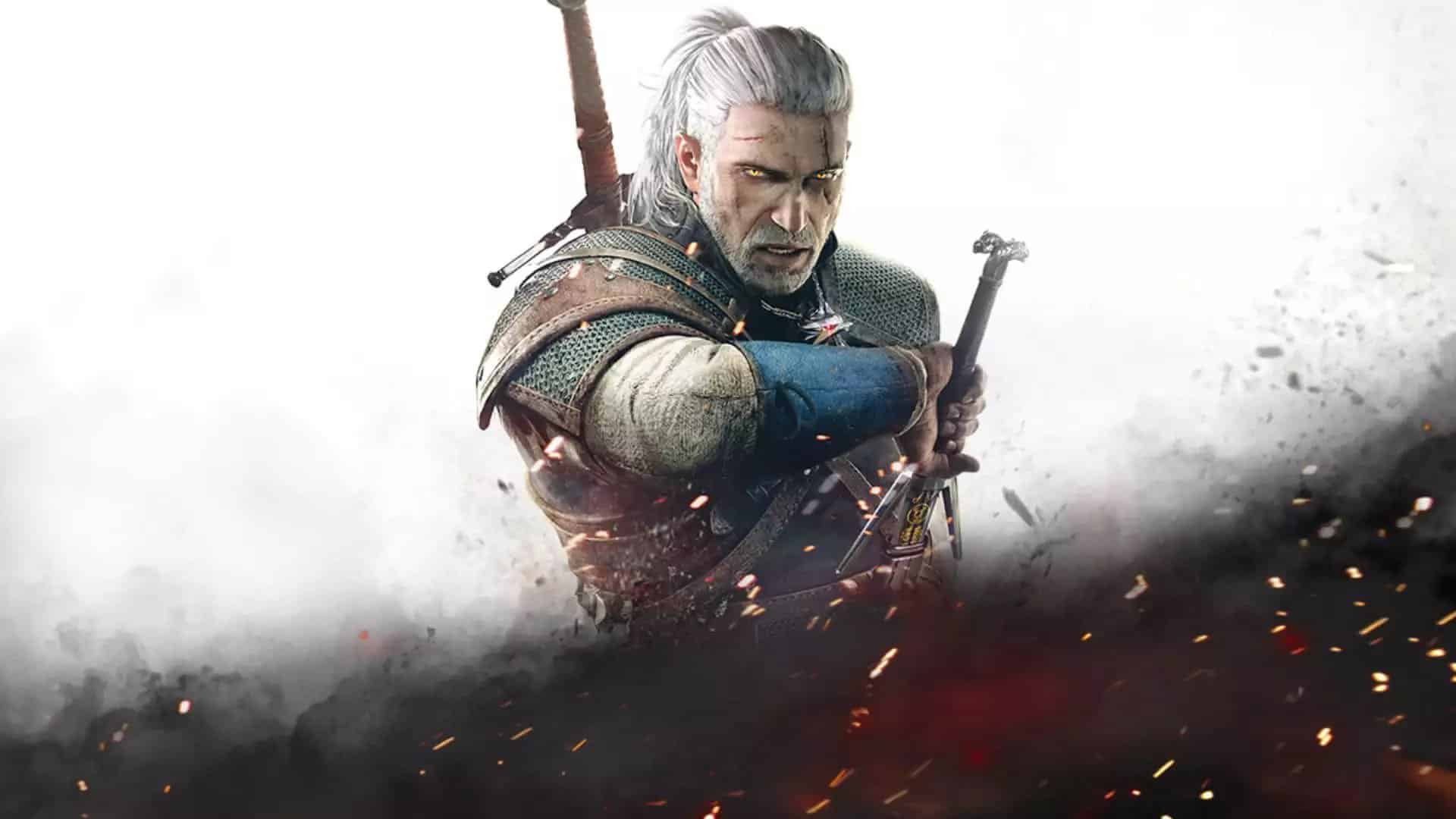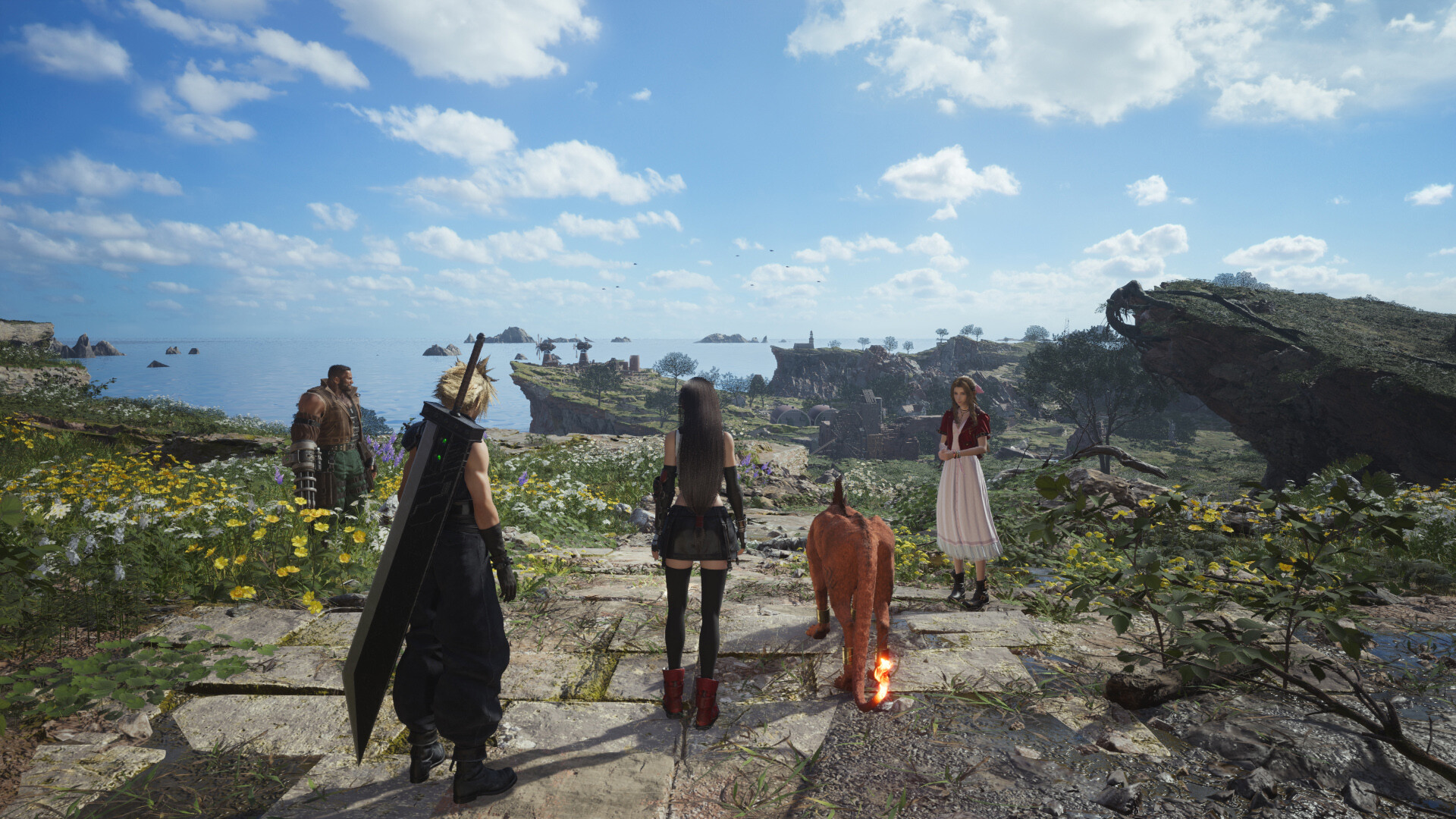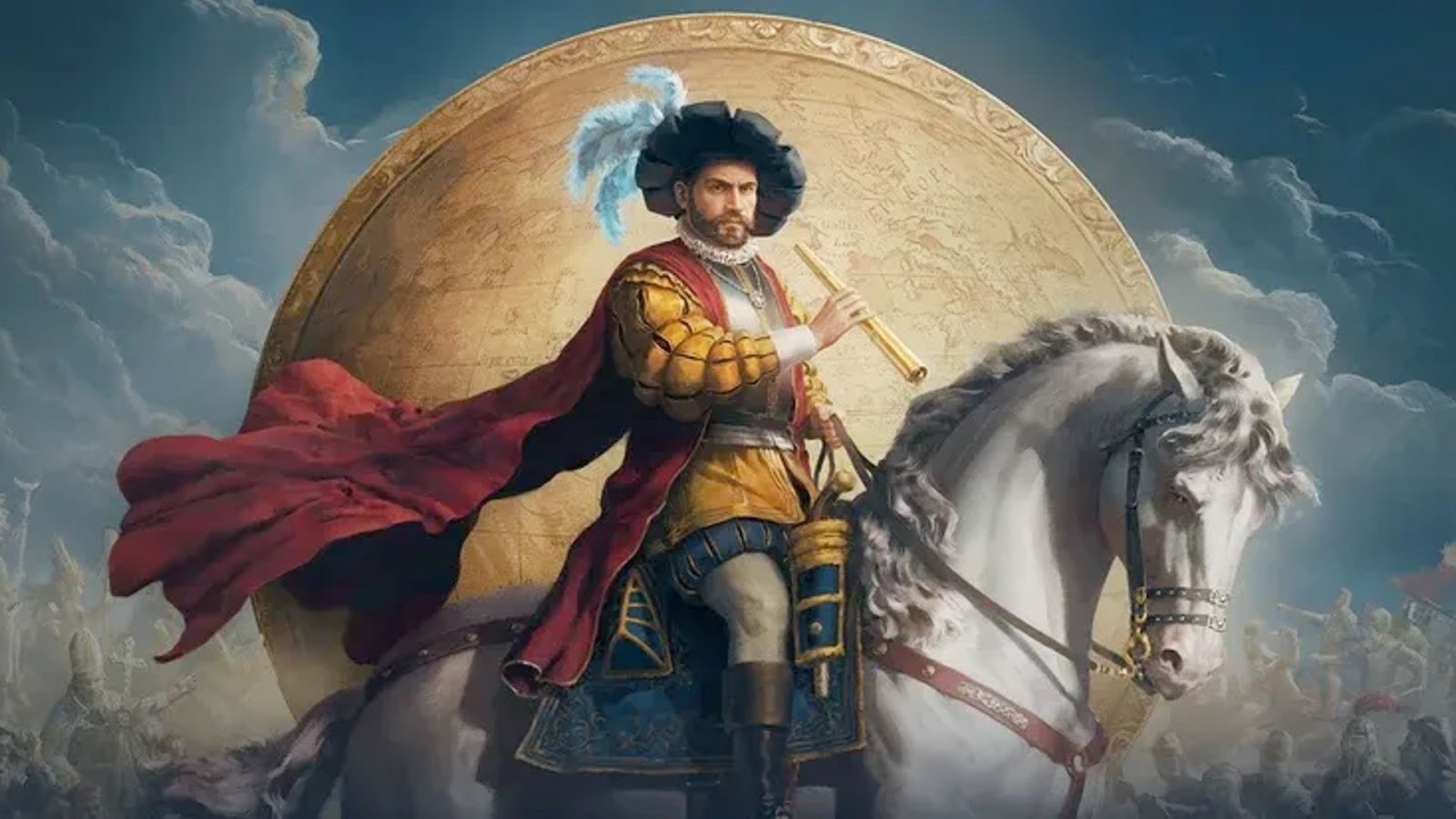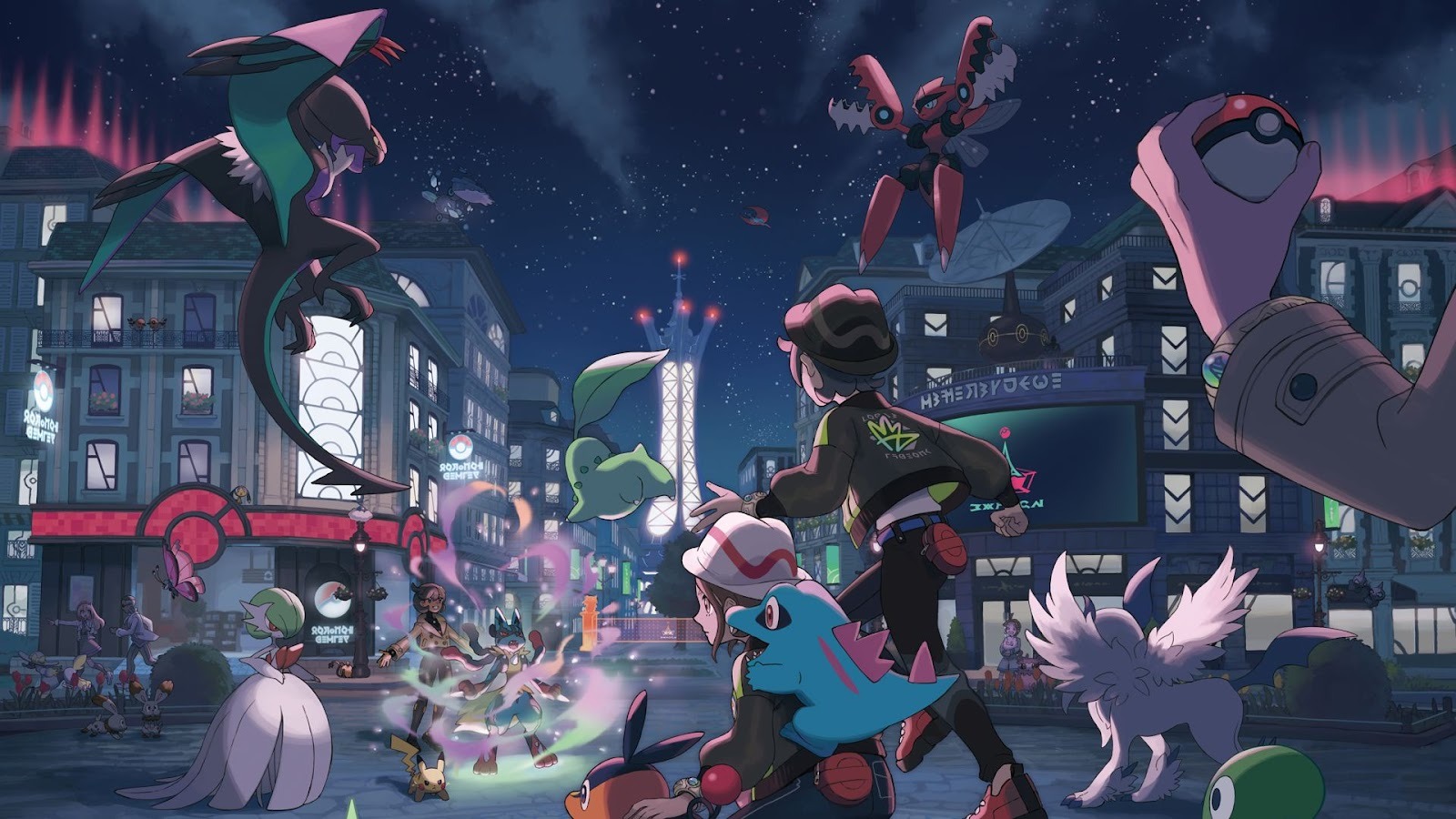You can trust VideoGamer. Our team of gaming experts spend hours testing and reviewing the latest games, to ensure you're reading the most comprehensive guide possible. Rest assured, all imagery and advice is unique and original. Check out how we test and review games here
Ever since the release of the Witcher Netflix series, people are scrambling to play The Witcher, read The Witcher, toss a coin to their Witcher. But what I find even more fascinating than the renewed surge of interest that comes with an adaptation is that the show is very aware and appreciative of the way that the games adapted the books. Henry Cavill looks (mostly) like CD Projekt Red’s hero, and he sounds like him, too. This and several traits, such as the fighting style and the soundtrack, were established by the game off of written descriptions, and are instantly recognisable in the TV version.
Adapting an inherently visual franchise into a game comes with several restrictions, often due to a prior medium we already associate with it. Take Square Enix’s upcoming Marvel’s Avengers—at first, it was definitely odd to see character models that didn’t resemble the actors from the film franchise. The films have also made us expect the game to deliver on similarly bombastic action, as well as certain signature attacks.
Sure, in adapting a book into a game you also run the risk of not meeting its reader’s expectations, but developers get to create a visual identity—the very first incarnation of characters, or the look of landscapes and towns. I think it sounds incredibly exciting to be able to do this for a beloved property, especially considering games are usually at least second in line, after films and TV. Examples of that include interpretations of properties like the Cthulhu Mythos, Sherlock Holmes, or folklore such as Journey to the West.
Outside the visual, there’s another obvious advantage of adapting a good book: namely, starting with a good setting. There are heaps of possibilities to revitalise genres left unexplored by games, which tend to tell variations of the same story. How often has a zombie story been about killing hoards of enemies, when it could be a road trip, such as Issac Marion’s Warm Bodies, or a post-apocalyptic story featuring a zombie protagonist, like Melanie in The Girl With All The Gifts, by M. R. Carey? There are many ways in which games can still explore familiar settings. Station Eleven, by Emily St. John Mandel, uses a familiar trope—in this case, the apocalypse—to tell an intriguing story by removing the violence we’d normally expect. After a global swine flu pandemic kills most of the world’s population, the remaining few have to build new lives, and, through the points of view of several characters, we follow a journey through desolate cities. I think it would make a great survival game, but the beauty of it is that there are always several possibilities when building gameplay around a narrative.
The Witcher books were certainly a good fit for games, seeing how prevalent the fantasy genre is in video games and pen-and-paper roleplay alike, but games tend to get stuck on one incarnation too often. Books have long started playing with familiar tropes. Picking unusual protagonists is just one way to do that, but games also rarely attempt genre-blending, likely due to the strong link between certain tropes and gameplay. Books have space steampunk and cities transforming into mechs, and they probably also have cowboys fighting aliens. In the meantime, Ubisoft has invested money into 22 different permutations of the premise of Assassin’s Creed. Producers in every medium like to invest in the near-assured success of a sequel rather than a new IP, but that’s where books provide an interesting middle ground—enough of a bankable basis to work from while leaving enough room for a developer’s own creative interpretation.
The known property will always be the safest option, that’s why books, too, are marketed as “property X meets current sensation Y,” but what that means is a lot more vague than it is for a game developer describing their game as something that’s basically like Dark Souls, and is often not intended by the author themselves. In games, many developers specifically describe their idea as being based on another game, which, in the end, just leads to recycled ideas.
Games describe themselves mechanically, first and foremost, and a lot of AAA games are designed around weapons combat—shooting and sword fighting, specifically—and that has made the stories they tell more similar: centred on enough conflict to provide for gameplay. To me, the Yakuza franchise is a prime example of games that feel as though they have been designed narrative first. It’s fairly revolutionary how developer RyÅ« ga Gotoku Studio chose to use brawling mechanics outside the fighting-game genre, and it didn’t stop there, including elements of management sims and large-scale Dynasty Warriors-esque battles, among others. Yakuza found a way to tell its story and then fit gameplay elements for each different aspect around it. That the next instalment, Yakuza: Like a Dragon, uses turn-based combat and a new protagonist yet is immediately recognisable as a Yakuza game seems to continute the series' tradition of prioritising narrative first, gameplay second.
When looking to put narrative first, devs should turn to literary fiction. The term “literary fiction,” as elitist as it is, was invented for books that didn’t fit into narrow genre frames, and are thus believed of particular literary merit by some. Literary fiction doesn’t have to observe a plot, focussing instead on exploring the human condition. The aforementioned Station Eleven falls into that category, but also classics such as Cormac McCarthy’s The Road or Margaret Atwood’s The Handmaid’s Tale. Gameplay options for such books may not immediately come to mind, but it’s exciting to consider how to successfully capture the tense atmosphere of The Handmaid’s Tale and bring its world to life. Capturing the essence of the source material, when you have nothing else to go by, is certainly more important than gameplay.
Books only have their words, but they’re a transporting medium, making us want to step into the page and join adventures, but they don’t have the same focus on the protagonist as the hero as games with a single protagonist do. I regard the focus on the protagonist (and thus us as players) as the focus of our gaming experience as another offshoot of games being preoccupied with mechanics: it doesn’t matter so much who our protagonist is, and more what they’re capable of. But if you think about how heavily books invest in a character’s sharing their impressions of the people they meet, or how books allow for their main characters to be viewed through the eyes of others, it becomes clear that focussing less on making a character a blank canvas for a player, and not making their actions and opinions the focal point of the plot could be great for the narrative. In this way, books make you appreciate the power of detail, of shifting points of view, even of unreliable narrators.
Prior to The Witcher, I thought it impossible that a game could introduce me to a book, but it’s made me aware of a huge, largely untapped market full of potential, which comes with the great side benefit of making developers think of games not only in relation to other games.
The Witcher 3: Wild Hunt
- Platform(s): Nintendo Switch, PC, PlayStation 4, PlayStation 5, Xbox One, Xbox Series S/X
- Genre(s): Action, Action RPG, Adventure, RPG
